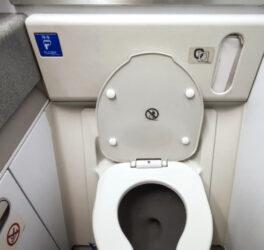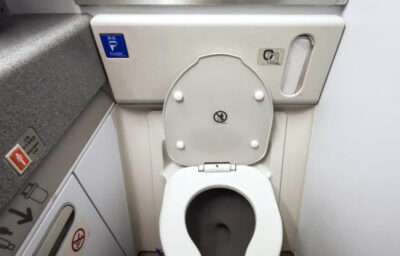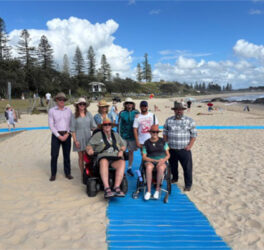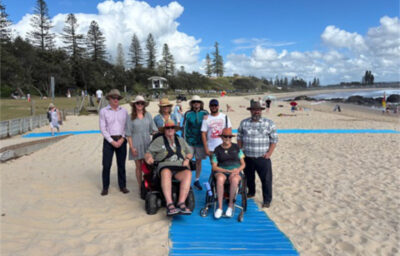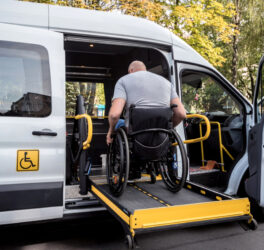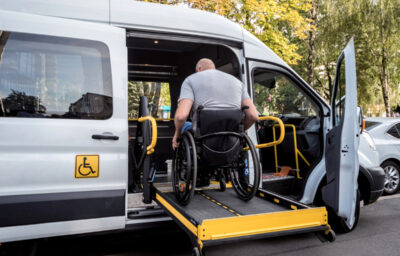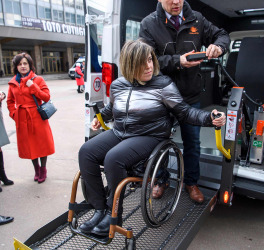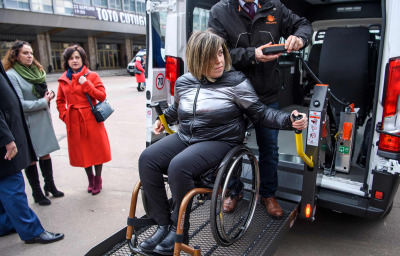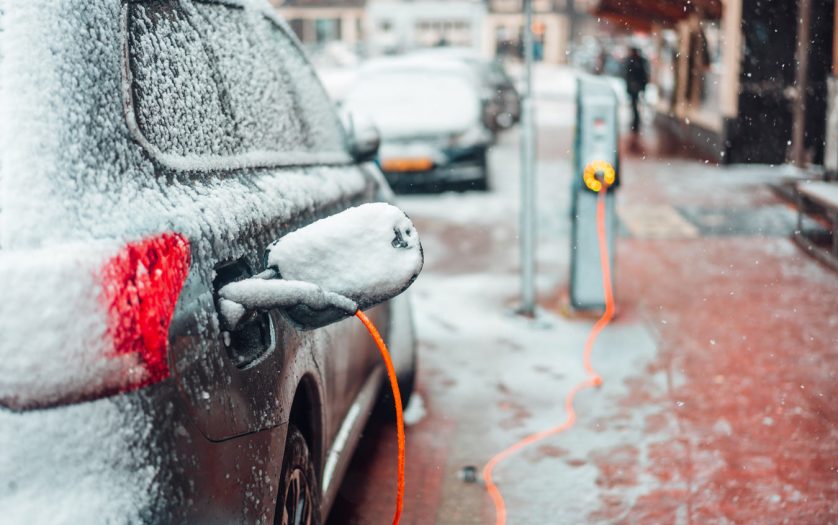
The UK government is working towards a more inclusive, reliable electric vehicle (EV) charging network, as the government and charity sector come together to set accessibility standards, Transport Minister Rachel Maclean has announced today.
In partnership with national disability charity Motability, the Department for Transport (DfT) has commissioned the British Standards Institute (BSI) to develop accessibility standards for EV chargepoints across the country. These standards will provide industry with guidance and drivers with a new clear definition of ‘fully accessible’, ‘partially accessible’ and ‘not accessible’ public EV chargepoints.
The design of public chargepoints is already carefully considered by operators. However, consistent standards are crucial for drivers to easily identify which chargepoints are suitable for their needs. This could range from adequate space between bollards, charging units being of a height suitable for wheelchair users, size of the parking bay and the kerb height.
Accessibility standards to be developed for EV chargepoints across the UK, allowing disabled drivers to easily identify which models are suitable for their needs:
- standards will provide industry with guidance on how to make individual chargepoints more accessible by summer 2022
- guidance will consider aspects such as kerb height, adequate space between bollards and chargepoints being of a height suitable for wheelchair users
- partnership with British Standards Institute (BSI) and Motability will see chargepoints that are accessible for all as we accelerate towards a zero-emission future
“With sales of EVs increasing and the government’s net zero ambitions accelerating, I want to make it as easy as possible for EV drivers to charge up their vehicles at public chargepoints right across the UK, regardless of their mobility.” said Transport Minister Rachel Maclean
“We are taking action to provide accessibility guidance to both operators and drivers to make sure that the transition to zero-emission driving will benefit everyone in society as we build back better.”

